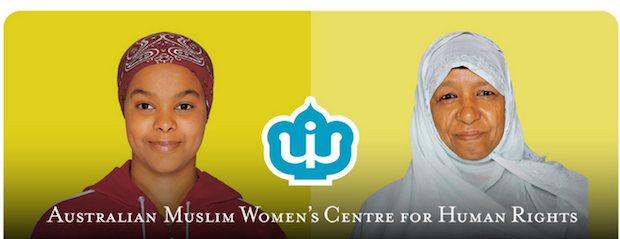Reports of schoolyard radicalisation by Muslim youth have once again highlighted the question of Muslim integration in Australia. Right wing groups, such as Rise Up Australia Party which has been involved in the Reclaim Australia rallies around the country, have an easy answer to this question: Muslims don’t belong here, ship them out.
The reality is of course far more complex and needs a more careful response.
To begin with, Australia has a proud tradition of multiculturalism. We cannot claim to be a diverse and multicultural society if we start targeting religious groups for the criminal behaviour of individuals who spring from that community. Such a knee-jerk reaction contradicts what is so valuable and precious in this country. And fortunately for us, not many people react that way.
This is an affirmation of our humanity, common sense and, dare I say, Australian values.
Nonetheless, a minority voice of Islamophobia persists in the public discourse around Muslims.
The discourse of Islamophobia blames Islam as a religion of hate and pictures Muslims as potential terrorists. This imagery is encouraged by our leaders. When PM Tony Abbott asked Muslim leaders to condemn terrorism and ‘mean it’, he was implying in no uncertain terms that Muslim leaders are deceitful and untrustworthy. The Labour Party leadership has done next to nothing to correct this trend.
This is a failure of leadership. Not only are our leaders failing Australian Muslims, who pay taxes to cover their salaries, they are failing Australia as a whole for allowing this slide down the path of bigotry and intolerance.
Political leaders have the capacity to set the tone of the debate and offer a vision for our future. Do we want to live in fear of Muslims under the bed or maintain Australia’s achievements of tolerance and diversity? If the latter, it makes sense to work with community leaders to address the problems. After all, Muslim families have as much at stake as the rest of Australia, if not more.
In the absence of a visionary and humanistic political leadership, the anti-Islam message of the right wing is gaining currency. A 2014 Scanlon Foundation survey discovered that roughly a quarter of Australians hold ‘somewhat’ or ‘very’ negative attitudes towards Muslims.
Racist attacks on public transport are becoming a frequent occurrence. It is a testimony to the strength of our moral courage and legal system that individuals stand up against racial and religious abuse, as it happened on a bus in Melbourne, and take bigots to court.
We cannot address the problem of Islamic extremism by targeting the whole Muslim community. This would alienate our natural allies.
Peak Islamic organisations in Australia encounter extremist ideas and challenges on a daily basis. The National Imam’s Consultative Forum that has convened for over three years has issued statements and religious edicts condemning terrorism and warned against getting involved in the Syrian war. The Australian Muslim Women’s Centre for Human Rights has run a project to bridge sectarian and religious divide. Muslim organisations are our best partners in challenging extremism.
Blaming Muslims for being Muslim is simply counter-productive. It reinforces the distorted message of the extremists that puts Islam and the West as polar opposites with no common ground. In two separate reports on Islamic extremism in 2011 and 2012, the UK Home Office noted the damage that Islamophobia has done to alienate British Muslims. The experience of alienation facilitates extremism and gives credence to the distorted jihadi ideology.
Shahram Akbarzadeh is Professor of Middle East and Central Asian Politics at Deakin University.
Donate To New Matilda
New Matilda is a small, independent media outlet. We survive through reader contributions, and never losing a lawsuit. If you got something from this article, giving something back helps us to continue speaking truth to power. Every little bit counts.





